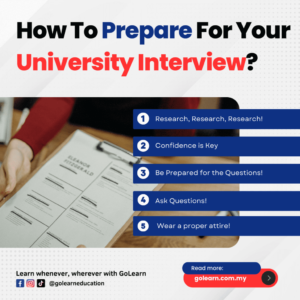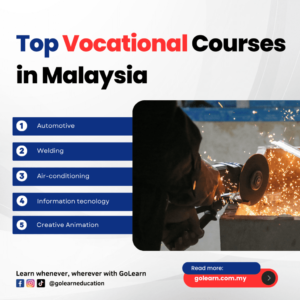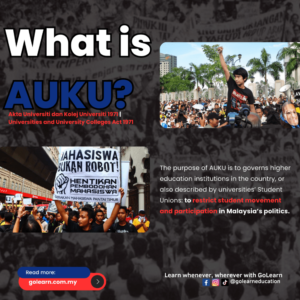Studying In Groups Vs. Studying Alone: Which Is Better? A...
Read MoreHow to Score A* in IGCSE English as a First Language
Scoring an A* in IGCSE English as a First Language for Paper 1 and 2 is attainable, however challenging for you as a student out there.
To ace the exam, you ought to prepare yourself in writing, reading comprehension, and language analysis.
This article will provide you with tips and techniques on how to improve your performance in these two papers, so you can achieve the best possible results.

Sign Up for English Tutor Now! IT'S FREE!
Looking to improve your English so that you can ace your exams?
BOOK NOW!Paper 1: Reading
Paper 1 of the IGCSE English as a First Language is designed to assess your ability to read and understand a variety of texts, which is a crucial skill in both academic and professional settings.
The questions on Paper 1 will challenge you to identify main ideas, draw inferences, summarize information, and analyze language use and techniques. That being said, here are some tips that you can use to score Paper 1.
📌 Become an active reader: Pay attention to main ideas and supporting details. While reading, be sure to engage with the text by asking yourself questions, making notes, and summarizing the main ideas and supporting details.
📌 Understand the task given: It is crucial for you to understand the task given before starting to write. This means paying close attention to the instructions, highlighting specific key words or phrases, and having a solid understanding of what the examiners want.
📌 Skim and scan: The skimming and scanning methods are used for reading and finding information in a text quickly and efficiently. Skimming is used to get a general idea of the content, while scanning is used to locate specific information or details within a text. When you first read the passage, it is useful to scan it quickly to get a sense of what it is about. You can then go back and skim the text more carefully, looking for specific information.
📌 Carefully answer the questions: Make sure you answer the question fully and use evidence from the text to support your response. According to the examiner’s report for the June 2021 exam, some candidates could have achieved higher marks if they had used specific examples from the given paragraphs to explain and explore the content, rather than simply summarizing what was already written. In other words, they missed opportunities to showcase their understanding and analysis skills.
Useful Sites that May Help You Get Better in Comprehension
- Vocabulary.com (https://vocabulary.com/) - Vocabulary.com offers a collection of word lists, vocabulary quizzes, and games that can help students improve their vocabulary and reading comprehension skills.
- ReadTheory (https://readtheory.org/) - ReadTheory is a website that offers reading comprehension exercises for students at different grade levels. The site adjusts to the student's reading level and tracks their progress over time.
- CommonLit(https://www.commonlit.org/) - CommonLit is a platform that provides a wide range of free reading materials, including articles, poems, and short stories, along with questions to assess comprehension.
- Quizlet (https://quizlet.com/) - Quizlet is a platform that provides flashcards and other learning tools for a wide range of subjects. Using Quizlet can help students improve their vocabulary and overall comprehension of a subject.
Sample Question & Answer for Paper 1
Now, let’s look at the sample questions for paper 1.
Sample Question 1

Question: Re-read line 15, ‘At every question he gave me a fleshy cut with it that made me writhe.’ Using your own words, explain how both of the phrases in italics are used by the writer to suggest how David Copperfield is feeling at this point.
The phrases “fleshy cut” and “made me
writhe” in italics are used by the writer to convey the physical and
emotional pain that David Copperfield is experiencing during this particular
moment. The use of the phrase “fleshy cut” creates a vivid image of
David being struck with force, and the word “fleshy” emphasizes the
visceral nature of the wound, implying that it is deep and painful.
The phrase “made me writhe” further
emphasizes the level of discomfort David is experiencing. It suggests that the
wound inflicted by the person asking the questions is not only physical but
also emotional, causing David to writhe in pain and discomfort. By using both
phrases together, the writer is able to create a powerful and memorable image
that conveys the intensity of David’s suffering, highlighting the abuse and
cruelty he is enduring at the hands of another person.
Sample Question 2

Question: Re-read paragraphs 6 and 7 (‘Although nearly wherever possible’). Using your own words, explain why the impact of scientists visiting Antarctica may be worse than the impact of tourists visiting.
While there may be more tourists visiting Antarctica than researchers, the impact of scientists on the continent is likely greater due to their establishment of permanent or semi-permanent stations. These stations require the construction of new roads, runways, and other infrastructure, which can have a significant impact on the local environment. Additionally, scientists often stay for extended periods of time, with some personnel even wintering on the continent.
This prolonged presence can lead to the generation of significant amounts of waste, which may not always be properly managed. While recent environmental audits have helped to mitigate some of these impacts, the long-term and ongoing nature of scientific programs means that the overall impact of researchers may be greater than that of tourists, who typically only visit the continent for short periods of time and do not establish permanent infrastructure.
Paper 2: Directed Writing and Composition
Paper 2 of the IGCSE English as a First Language is writing skills focused exam. It is essential to have mastered the basics of written English to perform well in this paper. There are a few tips that may help you score in this part of the exam.
📌 Understand the task given: First and foremost, it is crucial for you to understand the task given before starting to write. This means paying close attention to the instructions, highlighting specific key words or phrases, and having a solid understanding of what the examiners want.
📌 Plan your response: After you have understood the instructions, do not immediately write down your answer. There are one more thing you have to do before you start writing. Take a few minutes to plan out your answer. This is where you should start drafting and outlining whatever you have on your mind.
📌 Use a clear structure: A clear structure is key to writing a good essay. This includes having an intro, body, and conclusion.
📌 Revise your essay: By revising your essay, you can ensure to catch any spelling errors or grammar mistakes. This will also help you making sure your essay is clear and concise.
Sample Question & Answer for Paper 2
Now, let’s look at the sample questions for paper 2.
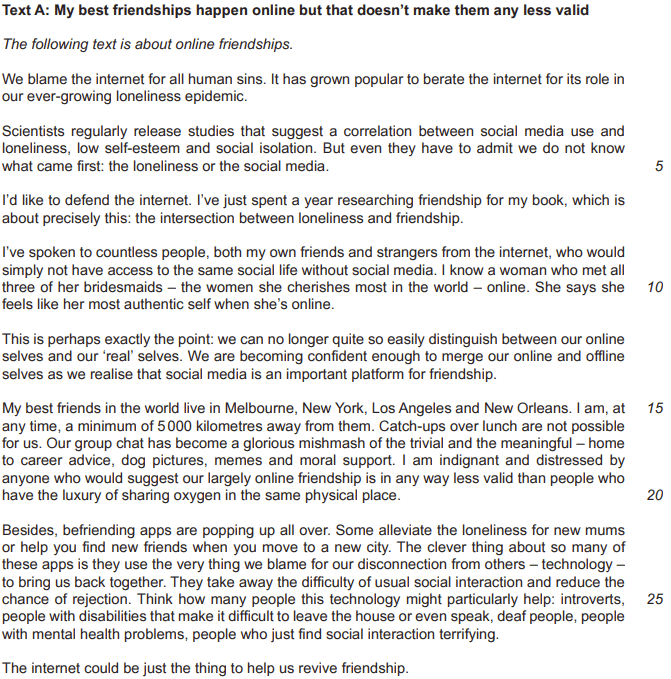
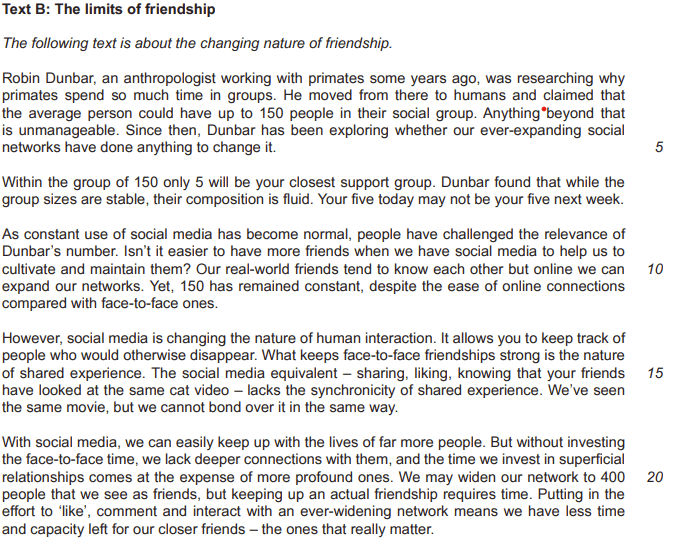
Write a magazine article for young people about modern friendship.
In your article you should:
• evaluate the ideas about friendship given in the text.
• explain, based on what you read, to what extent you think social media affects friendship.
Base your article on what you have read, but be careful to use your own words. Address both of the bullet points.
Tips on Answering
- Provide an introduction that sets the topic of modern friendship and previews the main points to be covered
- Evaluate the ideas presented in text, acknowledging their strengths and limitations
- Offer a balanced perspective on the role of social media in modern friendship, drawing on examples from the texts and highlighting the potential benefits and drawbacks
- Conclude with a call to action for young people to be intentional about their friendships, both online and offline, and to prioritize quality over quantity.
Answer:
Modern Friendship: Navigating the Complexities of Online and Offline Connections
For young people today, the nature of friendship has undergone a dramatic shift. While we may still have a core group of friends we see regularly, many of our social interactions now take place online. It’s not uncommon to have a best friend who lives in another state, or to have more online connections than face-to-face ones. In this article, we’ll explore the complexities of modern friendship and the impact that social media has on our relationships.
Some argue that online friendships are less authentic than traditional ones, but this view is increasingly being challenged. As the author of one of the texts we read notes, online connections can be just as meaningful and valuable as those that occur in person. In fact, social media has made it possible for many people to form connections they might not have otherwise had. Befriending apps, for instance, offer new mums or introverts a way to expand their social circle in a way that feels comfortable and safe.
However, as the other text points out, maintaining friendships requires time and effort. While social media makes it easy to keep in touch with a large number of people, it can also lead to superficial connections that lack depth and meaning. The act of clicking “like” on a post is not the same as having a face-to-face conversation or sharing a meaningful experience. Moreover, investing time in a wide network of acquaintances may come at the expense of the more profound connections that we need to thrive.
So, where does this leave us? The answer is that it’s complicated. While social media has expanded the reach of our social circles, it can’t replace the value of in-person connections. We need both online and offline interactions to build strong and meaningful friendships. It’s up to us to navigate this new landscape, using social media to connect with others while also making time for face-to-face conversations and shared experiences.
In conclusion, modern friendship is both complex and exciting. Social media has given us new ways to connect with others and form meaningful relationships, but it’s important to remember that the best connections are built through shared experiences and deep conversations. As we navigate this new landscape, let’s remember to prioritize the relationships that matter most and invest time and effort into building strong connections, both online and offline.
-
This article is well written as it:
- Used effective style capable of conveying subtle meaning.
- Used structured carefully for benefit of the reader
- Used wide range of sophisticated vocabulary, precisely used.
- Used effective register for audience and purpose.
- Used perfect and accurate punctuation and grammar.
Add Some Spiciness to Your Writing!
There are tips that you can use to score well on both papers. In fact, these tips can be broadly applied not just for exams, but for everyday use. Here are some extra tips that we have prepared for you!
If you want to score exceptionally well in any examination, you must learn how to analyze your essays efficiently. Specifically, for The IGCSE English as a First Language exam, both Paper 1 and Paper 2, will be testing your knowledge in analyzing language that includes: grammar, vocabulary, and punctuation.
The exam measures your proficiency in using proper grammar in a variety of written forms as well as your knowledge of various grammatical structures, including tenses, clauses, and phrases. Additionally, a solid command of grammar enables you to express your thoughts, ideas, and opinions in a well-organized and cohesive manner, which is crucial for success in the exam.
This is a website where you can practice and improvise your English Grammar: Grammar Test
Strengthening your vocabulary allows you to communicate clearly and effectively in written examinations. When writing essays, reports, and letters, you need to be able to express your ideas and opinions clearly and concisely, which requires a strong vocabulary. The ability to comprehend complicated texts, as well as to comprehend and respond to comprehension-related questions, requires a broad vocabulary.
This is a website where you can strengthen and improvise your English vocabulary: Vocabulary Test
Using proper punctuation allows you to structure your writing clearly and coherently, making it easier for readers to understand your ideas. Furthermore, it helps you to convey your intended meaning precisely and avoid any confusion or misinterpretation. Correct punctuation usage is evaluated on the IGCSE English exam, making it a vital skill that you need to master to achieve a high grade.
This is a website where you can master your English punctuation: Punctuation Test
Have you ever considered the importance of learning and using figurative language in your IGCSE English exam?
By mastering literary devices such as metaphors, similes, and personification, you can take your writing to new heights and captivate your readers with your creativity.
Your effective use of figurative language can demonstrate your ability to use language in imaginative and expressive ways.
A simile is a type of figure of speech that involves making a comparison between two things that are not alike in nature or quality. It uses the words “like” or “as” to create the comparison.
Example: “As tall as a giraffe.”
A metaphor is a figure of speech that makes a comparison between two things that are not alike but share a common characteristic.
Example: “The room was a zoo.”
Personification is when a non-human object or animal is given human-like qualities or characteristics.
Example: “The sun smiled down on us.”
Conclusion
Having a solid vocabulary is essential for performing well on the IGCSE English exam since you will be evaluated on your capacity to comprehend and utilize terminology effectively in various circumstances.
To achieve an A* in IGCSE English as a First Language for both Paper 1 and 2, it is necessary to excel in writing, reading comprehension, and language analysis. By following our tips, we believe that obtaining an A* is easily achievable.

Why GoLearn?
- Trusted by thousands of parents
- 100% improvement in 3 months
- We manage your lessons for FREE
- Experienced tutors from all cities in Malaysia
- 99% Successful Match
Get an IGCSE English as a First Language tutor today or WhatsApp our Education Advisor for a free consultation.
How To Prepare For Your University Interview
How To Prepare For Your University Interview So, you’ve received...
Read More5 Top Vocational Courses in Malaysia
5 Top Vocational Courses in Malaysia In recent years, Malaysia...
Read More
